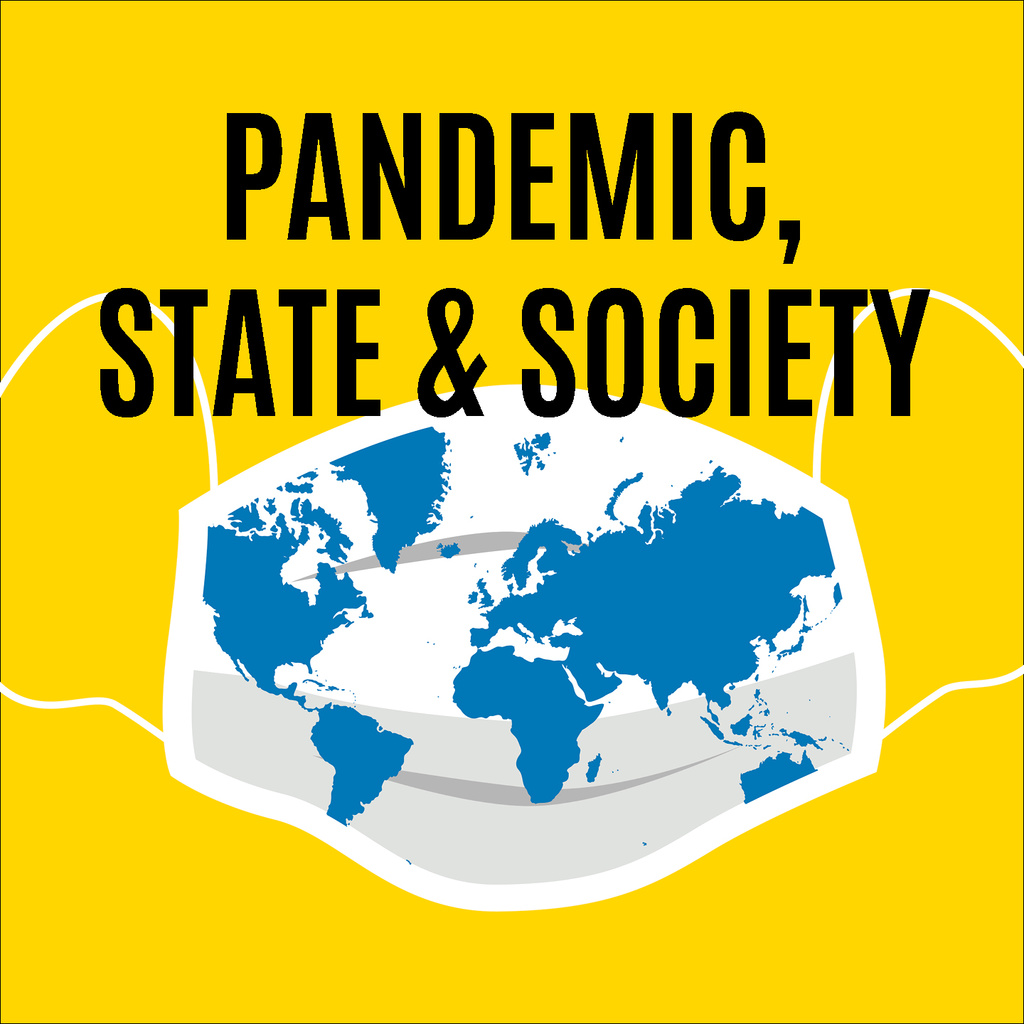
Join International Programs, the Center for Asian and Pacific Studies, the Obermann Center for Advanced Studies, and the Iowa Global Health Network for a special two-part webinar series "Pandemic, State & Society" (Sept. 18 & 25) bringing together voices from Asia to discuss firsthand experiences with the coronavirus.
Asia was the first place to experience the coronavirus, impose lockdowns, and then emerge from them. It was also the first to experience a resurgence of infection due to the myopic and uneven response to forgotten communities. Beyond the spread of the disease itself, the broad scope of the pandemic has had far-reaching social and cultural consequences. Various political parties and groups in the United States, the United Kingdom, Italy, Spain, Greece, France, and Germany continue to refer to the “Chinese virus," politicizing a public health crisis and prompting violence against people presumed to be Asian.
Events are free and open to the public.
Learn more about participating panelists at https://international.uiowa.edu/pandemic-state-society.
Session One: Pandemic 101 – Voices from Asia
Friday, Sept. 18, 8–9:30 p.m. (CST)
Our panel of speakers presents an overview of the pandemic across Asia to lead us into an exploration of the medical, social, and humanistic aspects of pandemics. What lessons can we learn from the present and past pandemics in Asia?
- Dr. William Etienne, M.D., MPH
Infection Preventionist, Former Consultant at WHO, Cambodia - Dr. Priscilla Song
Associate Professor, Centre for the Humanities and Medicine, The University of Hong Kong - Dr. Joseph Walline, M.D.
Assistant Professor, Accident and Emergency Medicine Academic Unit, The Chinese University of Hong Kong - Dr. Frederick Smith
Professor, Departments of Religious Studies & Asian and Slavic Languages and Literatures, University of Iowa
Moderator:
Dr. Hyaeweol Choi
C. Maxwell and Elizabeth M. Stanley Family and Korea Foundation Chair, Professor in Korean Studies, Department of Religious Studies, University of Iowa
Session Two: Invisible Communities
Friday, Sept. 25, 8–9:30 p.m. (CST)
How has the coronavirus pandemic impacted certain communities even more than others? Until the time of the pandemic, these have been "forgotten" and "invisible" communities to the state and wider society. Who are the people who constitute these "invisible" communities in Asia? How have they been impacted by the pandemic? What have been the consequences of overlooking these communities?
- Dr. Sokhieng Au
Lecturer, Global Health Studies, University of Iowa - Dr. Vivienne Wee
Director, Ethnographica and Co-founder, Association of Women for Action and Research (AWARE), Singapore - Dr. Julius Bautista
Associate Professor, Center for Southeast Asian Studies, Kyoto University, Japan - Ms. Kyonghee Lee
Senior Staff Writer, Joongang Ilbo, Korea
Moderator:
Dr. Shuang Chen
Associate Professor, Department of History, University of Iowa
UI Collaborators
Global Health Studies Program, Department of Anthropology, Department of History, Department of Religious Studies, College of Nursing, Carver College of Medicine Global Health Programs, College of Pharmacy, College of Dentistry International Affairs and Programs Committee, Department of Asian and Slavic Languages and Literatures, Pan Asian Council, King Sejong Institute, Korean Studies Research Network, Office for the Vice President for Research, College of Public Health
Community Collaborators
Iowa City Foreign Relations Council, Physicians for Social Responsibility